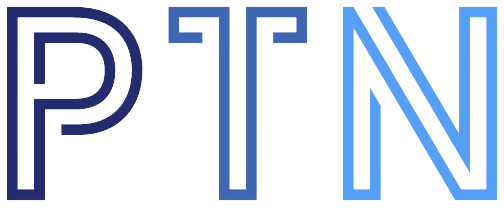MDMA therapy with analogue
MDMA (3,4-methylenedioxymethamphetamine) is known for its psychedelic and stimulant effects that increase feelings of connection and empathy. MDMA is illegal to use as a therapeutic aid in the Netherlands and many other countries. MDMA analogues have been used since 2022 for non-medical use MDMA sessions.
MDMA analogues, such as 6-APB (6-(2-aminopropyl) benzoate), have similar effects as MDMA, but are legally available because they are not explicitly mentioned as an illegal substance in the Opium Act. Various analogues of MDMA work similarly by releasing neurotransmitters such as serotonin and dopamine. This creates similar, if not the same, effects for the user.
Many different MDMA analogues
Choosing between different analogues of MDMA can be difficult because each of them has different properties, some more dangerous than others. Although most analogues have effects similar to MDMA, certain properties such as toxicity, side effects and effectiveness for medicinal purposes can differ greatly. Some analogues are less strong than MDMA and require higher doses, while others are more potent. Nevertheless, some analogues may have beneficial properties that could be used in therapies, such as their anxiolytic effects and thus their ability to reduce anxiety. However, it is not safe to randomly try different analogues and that makes it difficult to find the right one.
Learn more about MDMA analogues
Use the links below to learn more about MDMA analogues, MDMA therapy and possible contraindications of MDMA and some analogues.
